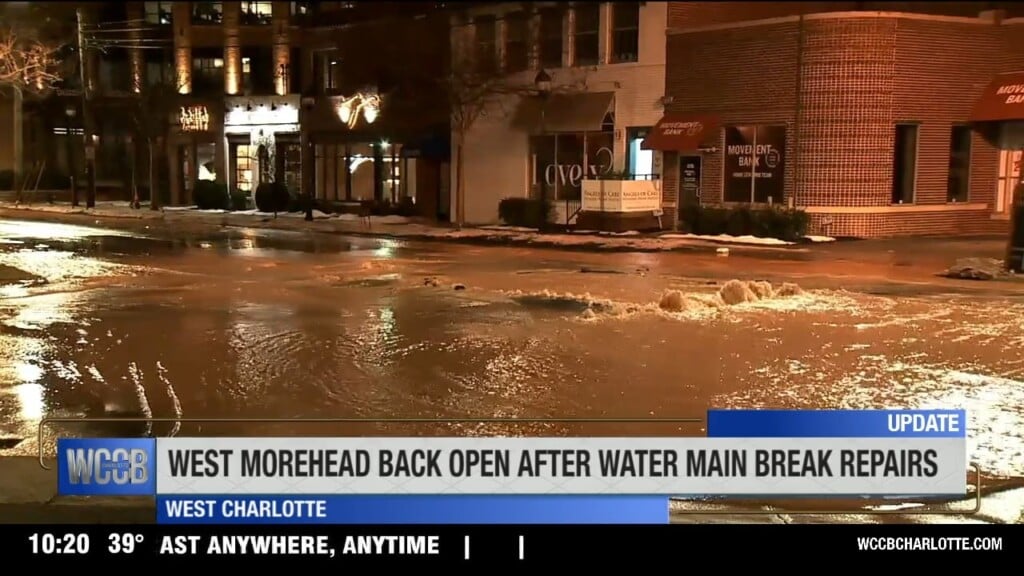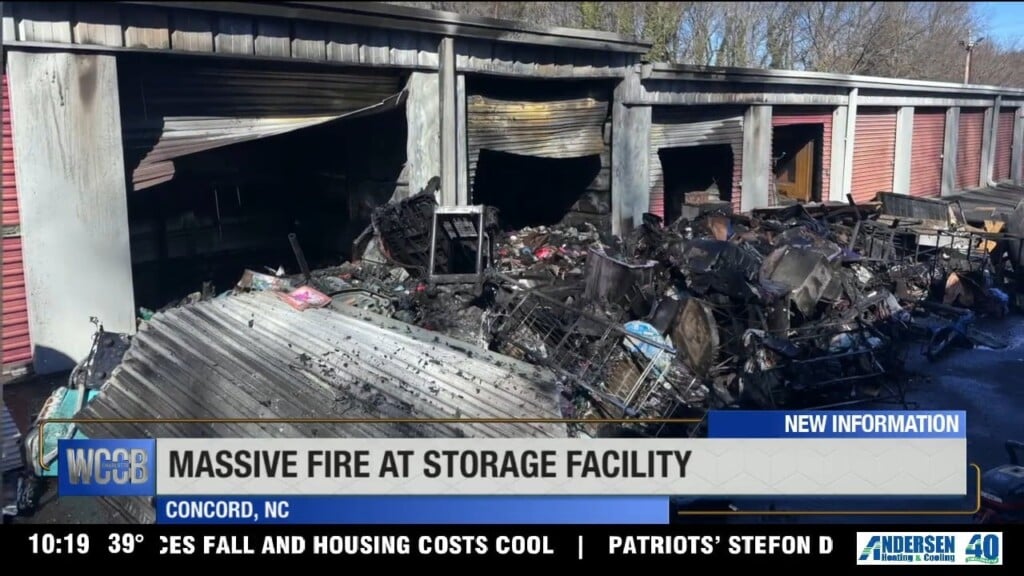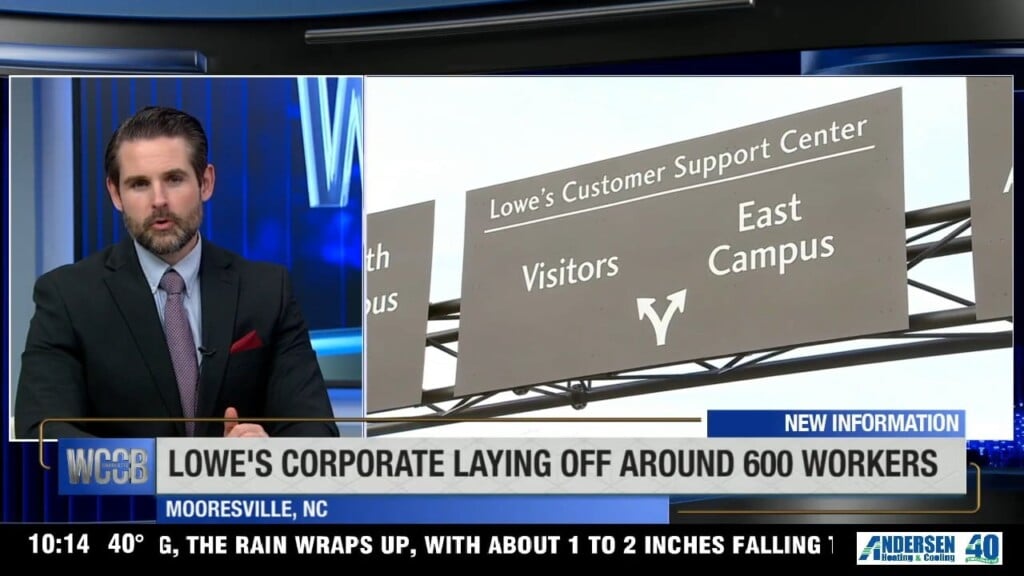CHARLOTTE, NC — The Charlotte-Mecklenburg Board of Education says they are opposing HB514 because it’s not what is best for students or the community.
CMS released the following statement Thursday evening outlining their reasons for not supporting the bill. The release also provides more insight on what its passage could mean for students and families throughout the district.
Charlotte-Mecklenburg Schools opposes HB514 because it is not what is best for our kids, students and families across Charlotte-Mecklenburg.
Too little time has been spent collaborating to find solutions and too much time focused on advancing legislation that holds no promise to increase student achievement and may come at a higher, not lower, cost for everyone involved – not just in dollars but in futures.
This proposal for change without careful consideration of the possible impacts did not come from CMS. People should be aware of what passage of HB514 really means.
- Students may have to leave high-performing schools where they are achieving today.
- Parents might pay more taxes with no guarantee their children would have a seat in the very schools they are paying for with their hard-earned money.
- Children and students may not benefit from career preparation and certification programs, language academies, arts and music programs, exceptional needs supports, mental and emotional health access, athletic opportunities, transportation, and other offerings in CMS.
- Families with students in CMS magnet schools may lose seats.
- HB514 will open the door to a more segregated community and close the door on
access to opportunities for those who need it most in Charlotte-Mecklenburg.
Students suffer when adult leaders are divided. Fortunately, there is an alternative.
CMS has proposed a joint task force with the Matthews Town Commission in order to find solutions that work to solve issues like school overcrowding, inadequate teacher pay, school safety and outdated facilities. These issues have been realities for too many communities and in too many schools in Mecklenburg County for years. CMS believes that elected officials working together across Mecklenburg County to ask for more resources from the County and State would yield better results for our students.
Shame on us if we choose division over dedication to our kids.
The district remains hopeful about this option because our kids need us to fight for them and oppose legislation that could disrupt public education, drive taxes higher, and lead to more segregation and fewer educational choices for families not just in Charlotte-Mecklenburg, but
across North Carolina.
CMS will fight against HB514 locally and in Raleigh to protect students and families from the unknown and unintended negative consequences of this poorly considered legislation. The district asks the community to learn more about what HB514 really means and to say NO to
HB514.
What DO we know about HB514?
There are many more questions than answers about HB514. As proposed, HB514 would authorize the Towns of Matthews and Mint Hill to apply for and hold a charter for a charter school or schools. The governing boards of the towns could serve as the board of directors for the school, or could appoint a board of directors to govern the school. Employees of a charter school of the towns would be employees of that municipality and would be eligible for any employee benefits, including retirement benefits and health benefits, provided to other employees of that municipality. Students domiciled in the municipality could be given preferential enrollment over other applicants. The towns would be authorized to use property taxes in support of charter schools they operate. In short, the bill would allow Matthews and Mint Hill to create and operate their own municipally-run charter schools and utilize their municipal property tax dollars not currently collected as a funding mechanism. This legislation would also add an additional enrollment priority that will allow the towns to enroll their residents prior to allowing any non-resident admission.





